Israel's use of bomb-laden drones in northern Gaza prohibited under Intl. law: Euro-Med
The Euro-Mediterranean Human Rights Monitor has condemned the Israeli regime over its use of explosive-laden robots during its ongoing ground offensive in northern Gaza, saying that such action "is prohibited under international law."
The Geneva-based organization in a recent statement pointed to 'numerous testimonies' on the Israeli Occupation Forces' use of 'indiscriminate' remote explosive robots.
“It has received numerous testimonies about the Israeli army's use of explosive robots detonated remotely, causing widespread damage to surrounding homes and buildings and significant loss of life, while the work of ambulance and civil defense teams has nearly come to a complete halt, except in a narrow range of some neighborhoods,” the statement read.
According to the rights organization, the Israeli regime began using these robots for the first time in Gaza in May during its second incursion into the Jabalia refugee camp.
The rights group confirmed that the Israeli army "has expanded its operations of destruction and demolition of residential buildings in areas of its incursion in northern Gaza, employing three methods: aerial bombardment, explosive robots, and the planting of explosives in homes for demolition."
The statement comes as Israeli forces have now widened their brutal military offensive on northern Gaza after killing more than 300 people over ten days in a ramped-up ground offensive targeting the Jabalia refugee camp.
This is the third time air raids and ground incursions have occurred in the area since the start of the Israeli campaign of death and destruction across the besieged Palestinian territory in October last year.
Israeli tanks made their way to the north edge of Gaza City, while airstrikes from above continued.
"The army is escalating its genocide against Palestinians there by committing massacres, willful killings, starvation, and widespread forced displacement,” the EURO-Med said.
"Those who survive direct killing and bombardment remain at risk of dying from hunger or thirst, as Israeli forces are preventing any aid from entering northern Gaza, while also destroying and burning bakeries there, in addition to razing what was left of water wells."
Israel's use of bomb-laden drones in northern Gaza prohibited under international law: Rights group @EuroMedHR https://t.co/KUKAYYSNhm
— Ramy Abdu| رامي عبده (@RamAbdu) October 14, 2024
It explained that "the Israeli army has completely separated northern Gaza from the city of Gaza by deploying vehicles and setting up sand barriers and rubble from destroyed homes, alongside fire cover from drones."
Residents say they have been isolated from the rest of Gaza, with Israeli forces not allowing anyone to enter or exit the north.
No trucks of food, water, or medicine have entered the north since Sept. 30, according to the UN.
Israeli Prime Minister Benjamin Netanyahu is currently examining a plan that calls for Israel to maintain control over the north for an indefinite period to attempt to create a new administration, splitting the Gaza Strip in two.
Regime authorities say that if the strategy is successful in northern Gaza it could then be replicated in other areas, including tent camps further to the south sheltering hundreds of thousands of Palestinians.
Israel's long history of using internationally banned weapons
This is not the first time Israel has used banned munitions against the people of Gaza and Lebanon. The regime has used white phosphorus and banned bombs containing depleted uranium during its aggression across the region in recent months.
Lebanese resistance movement Hezbollah recently said Israel poured “missiles loaded with cluster bombs” over neighborhoods in southern Lebanon.
Cluster munitions are globally prohibited because they cause both immediate and long-term civilian harm.
Hezbollah said in a Sunday statement that the regime’s military bombed the localities of Hanin and Tiri, in the southern Lebanese district Bint Jbeil, with “missiles loaded with cluster bombs.”
In March this year, Israel used white phosphorus bombs in south Lebanon again, according to Human Rights Watch (HRW). Later in June, it released a report, warning that the regime’s “use of airburst white phosphorus munitions in populated areas indiscriminately harms."
In its investigation, HRW also verified the use of white phosphorus munitions by the Israeli military in at least 17 municipalities across south Lebanon since October 2023, when it launched its genocidal war on the Gaza Strip.
The Israeli military presses ahead with its relentless bombardment of the besieged Gaza Strip now more than one year into the genocidal war.
The Israeli aggression on Gaza began in October last year, claiming the lives of more than 42,000 so far. Over 98,000 others have also been injured since then.
VIDEO | 39th AU summit opens in Addis Ababa with focus on water security, peace, and development
VIDEO | Iran: The stronghold Washington lost
Anti-Iran ‘Munich circus’ shows Europe has lost geopolitical weight: Araghchi
Swiss to act as venue of next round of Iran-US talks: Report
Report: Over 50,000 soldiers fighting in Israeli military hold foreign citizenship
Danish PM warns US attack on Greenland would spell end of NATO
Power running out at key Gaza hospital, ICU patients at risk: Report
VIDEO | Press TV's news headlines


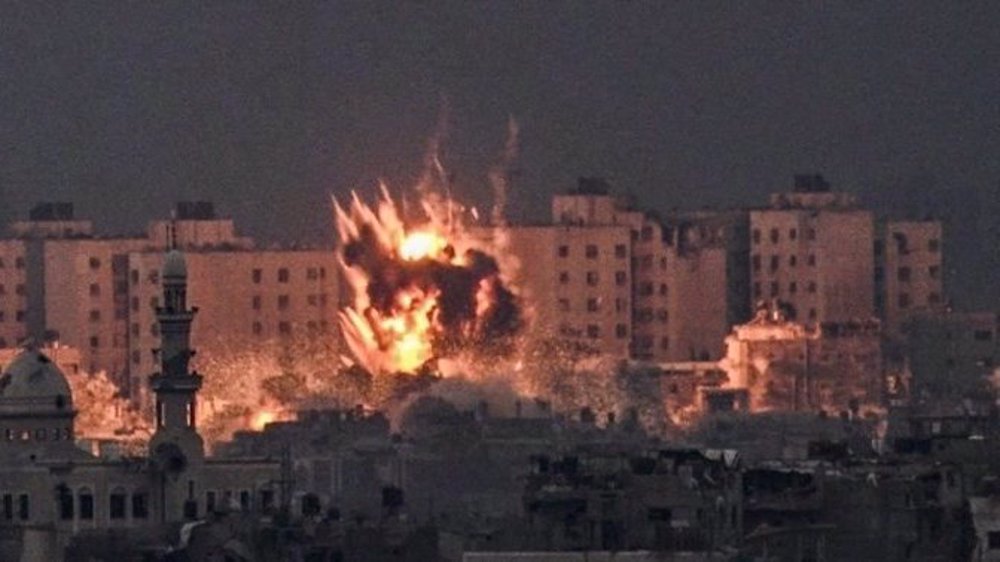
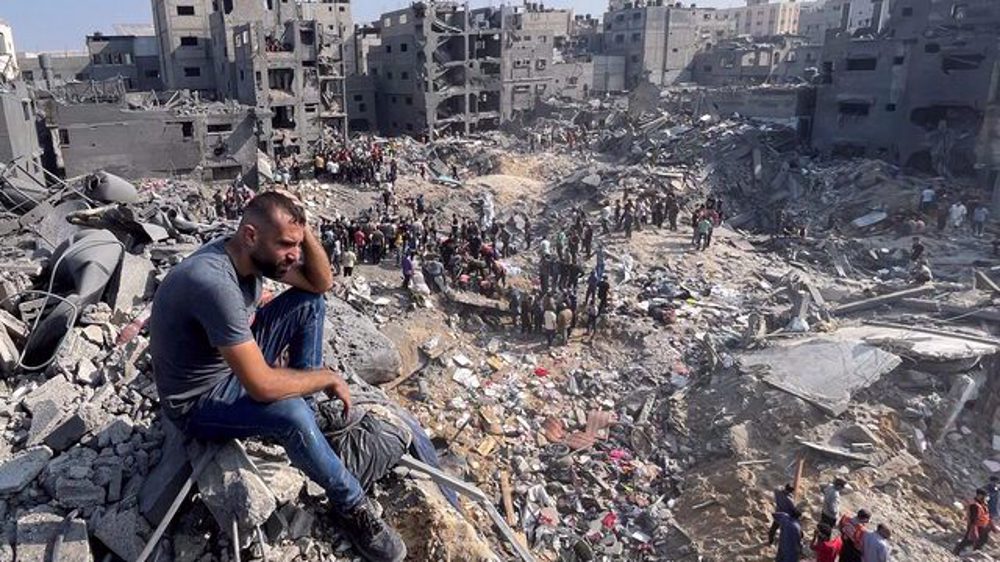
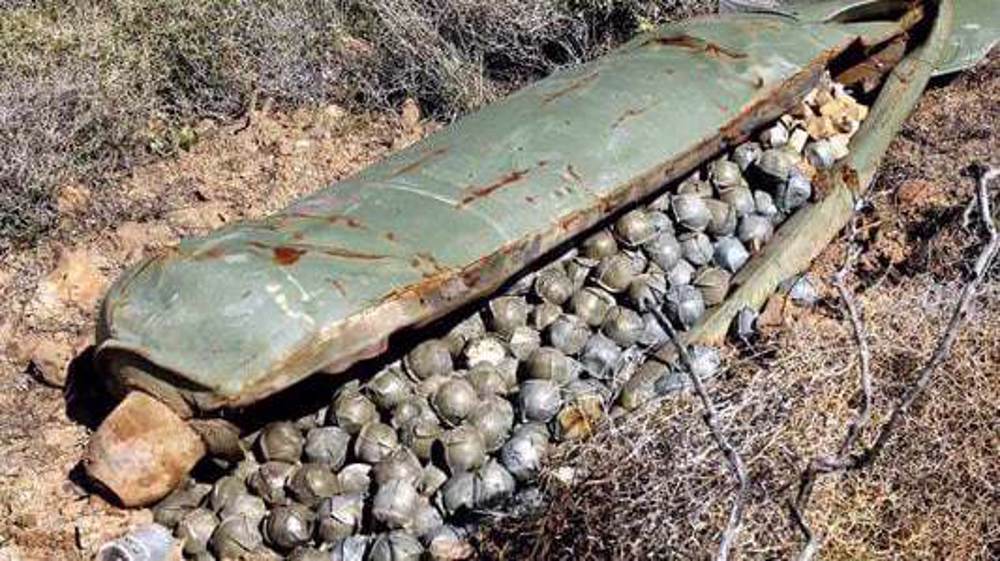

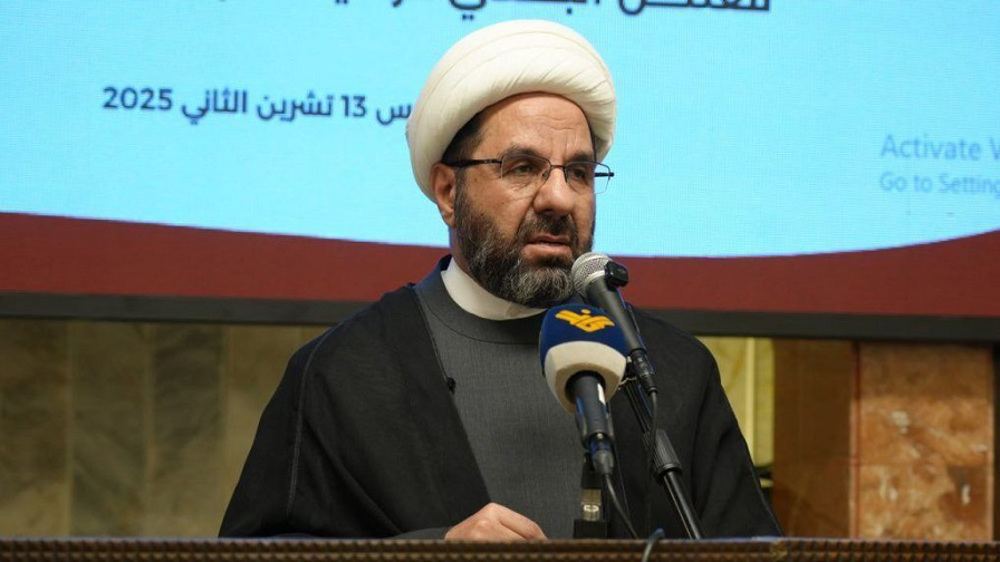
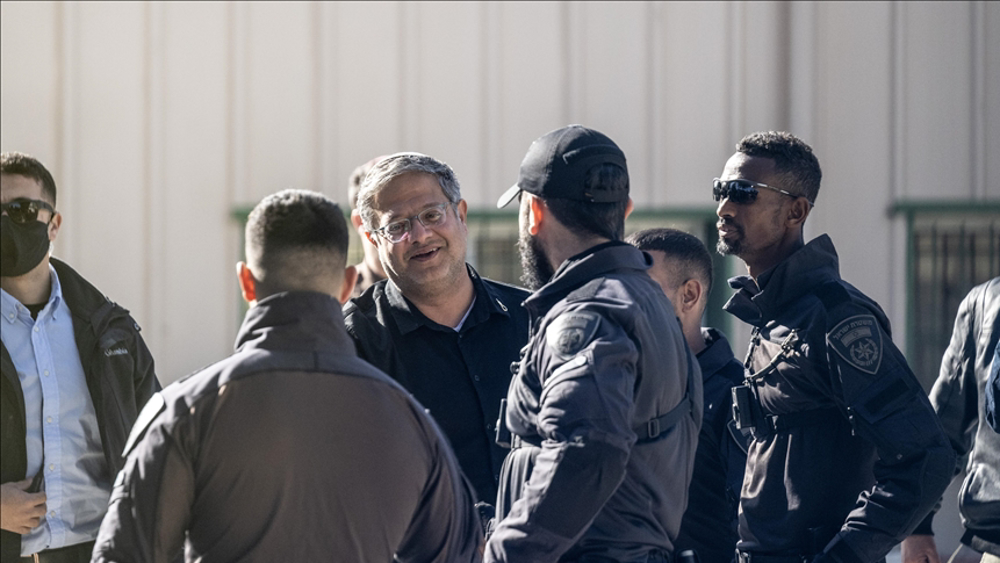



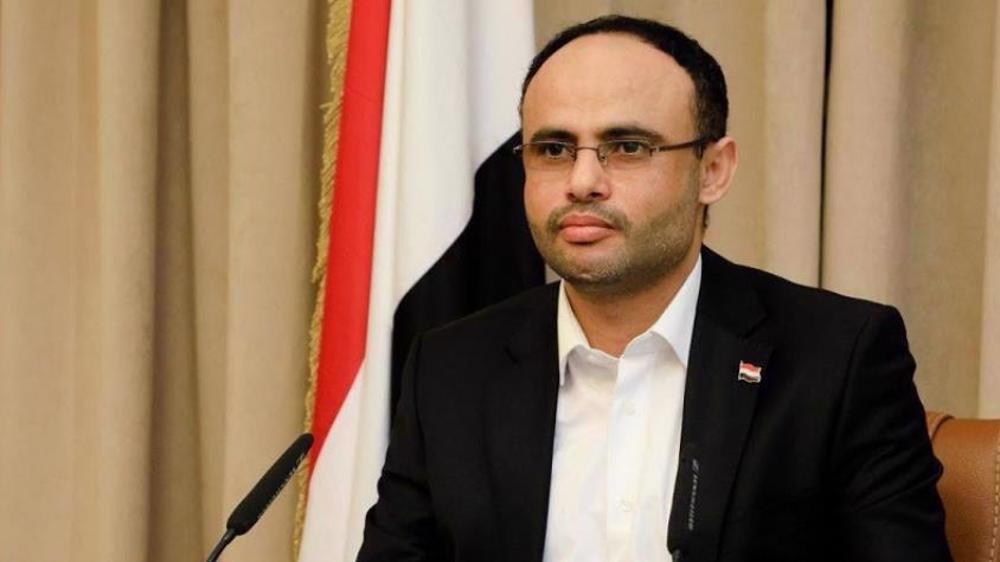
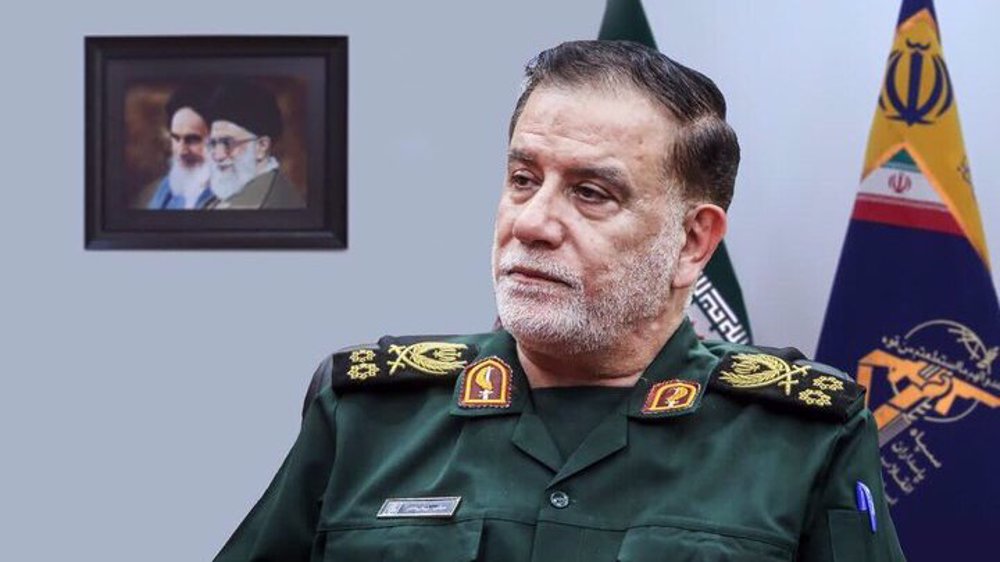
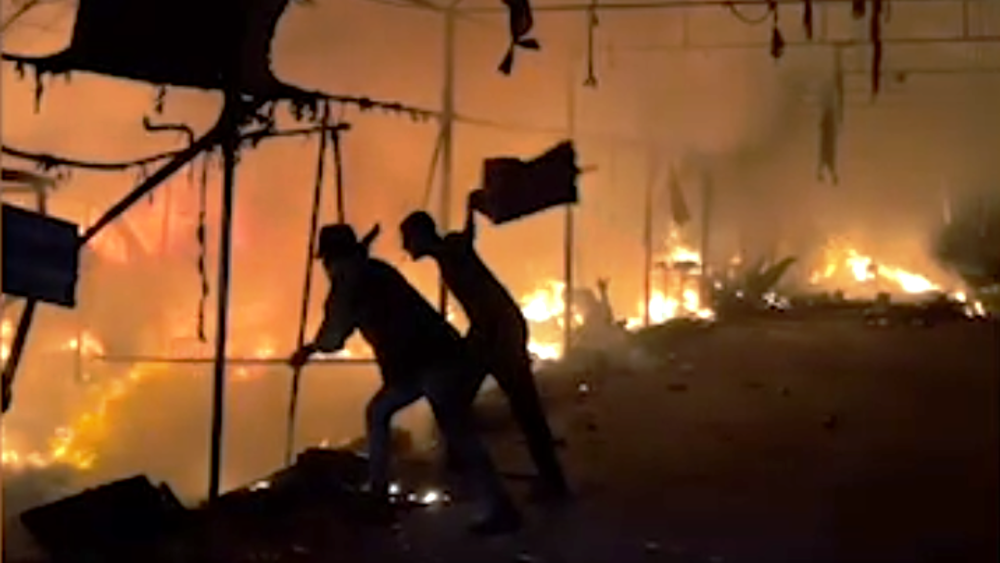
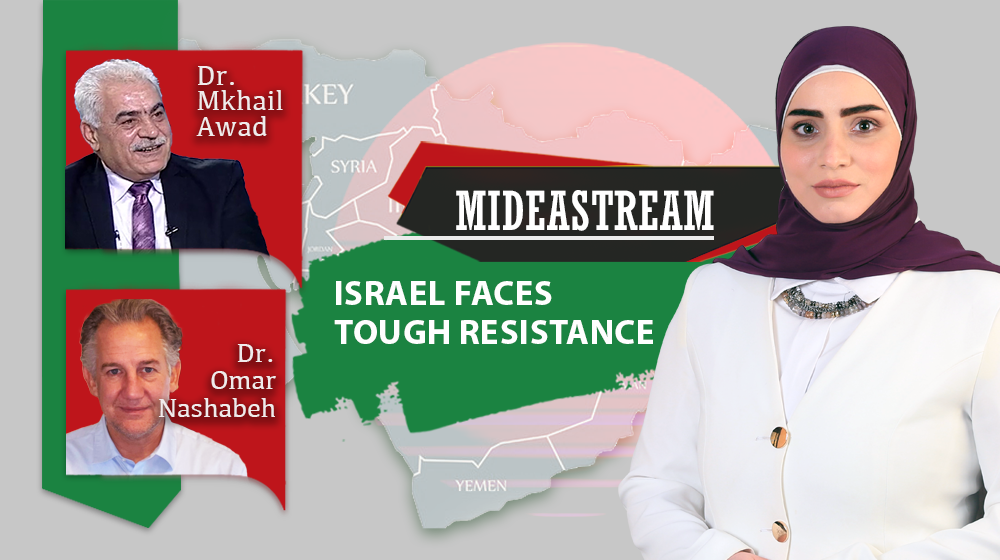
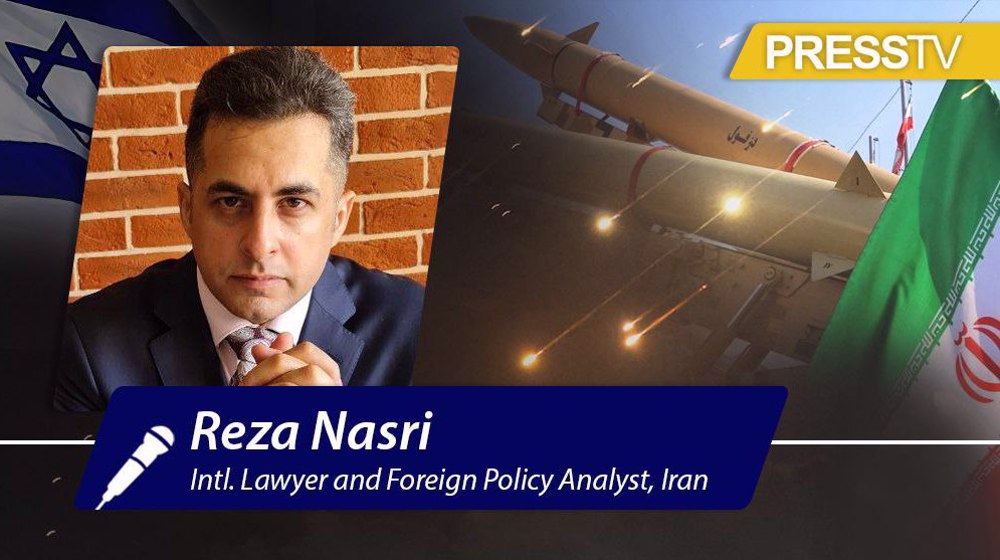
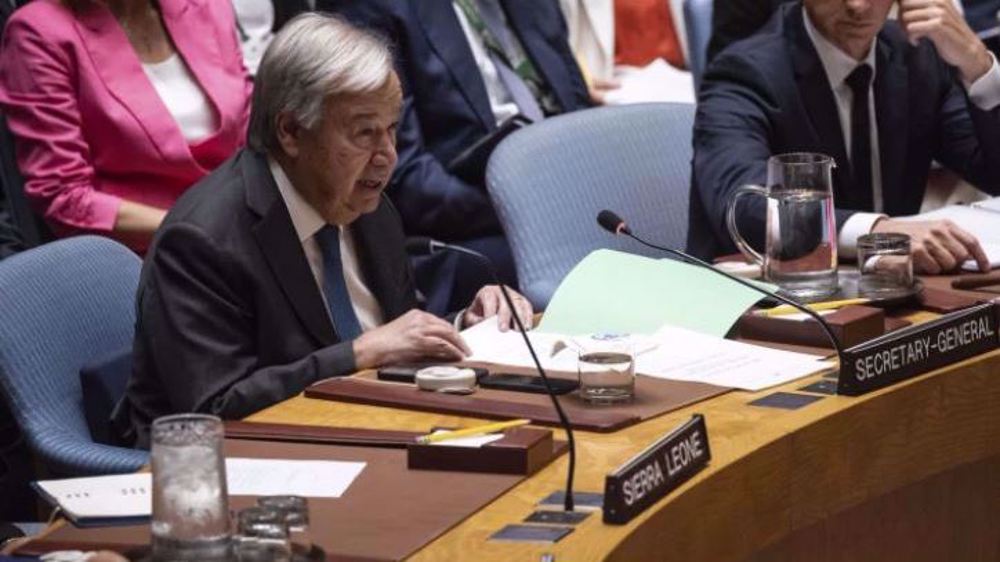
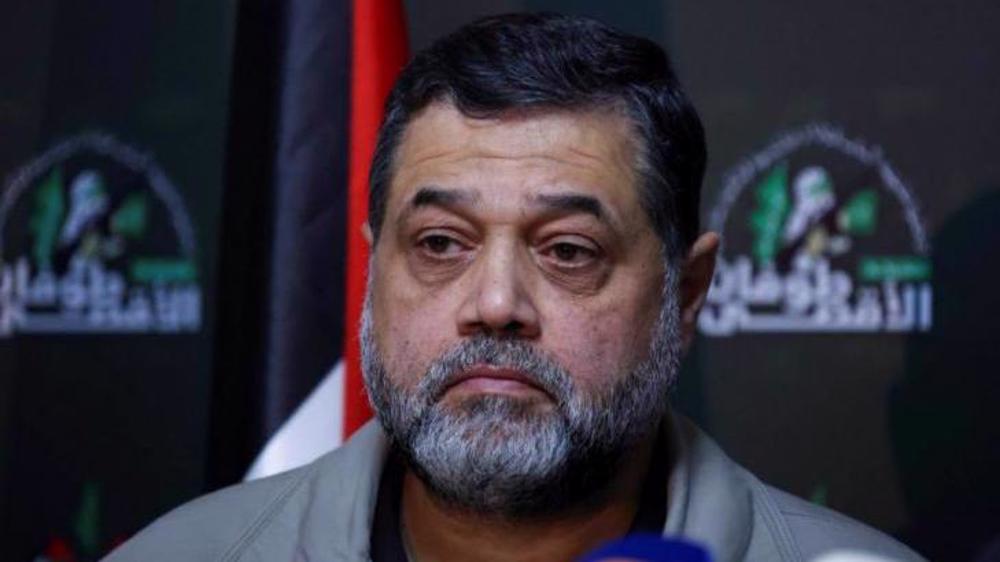
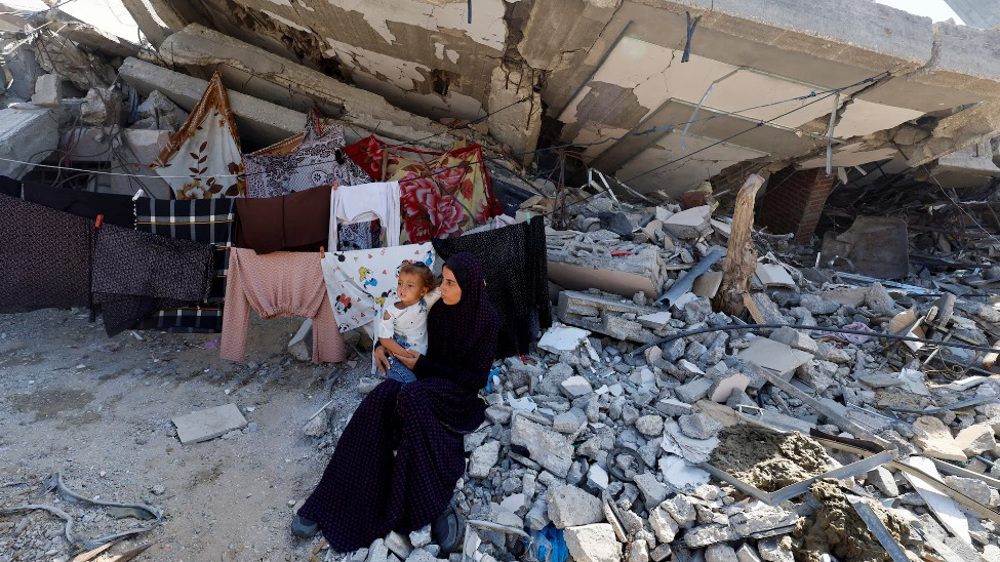


 This makes it easy to access the Press TV website
This makes it easy to access the Press TV website